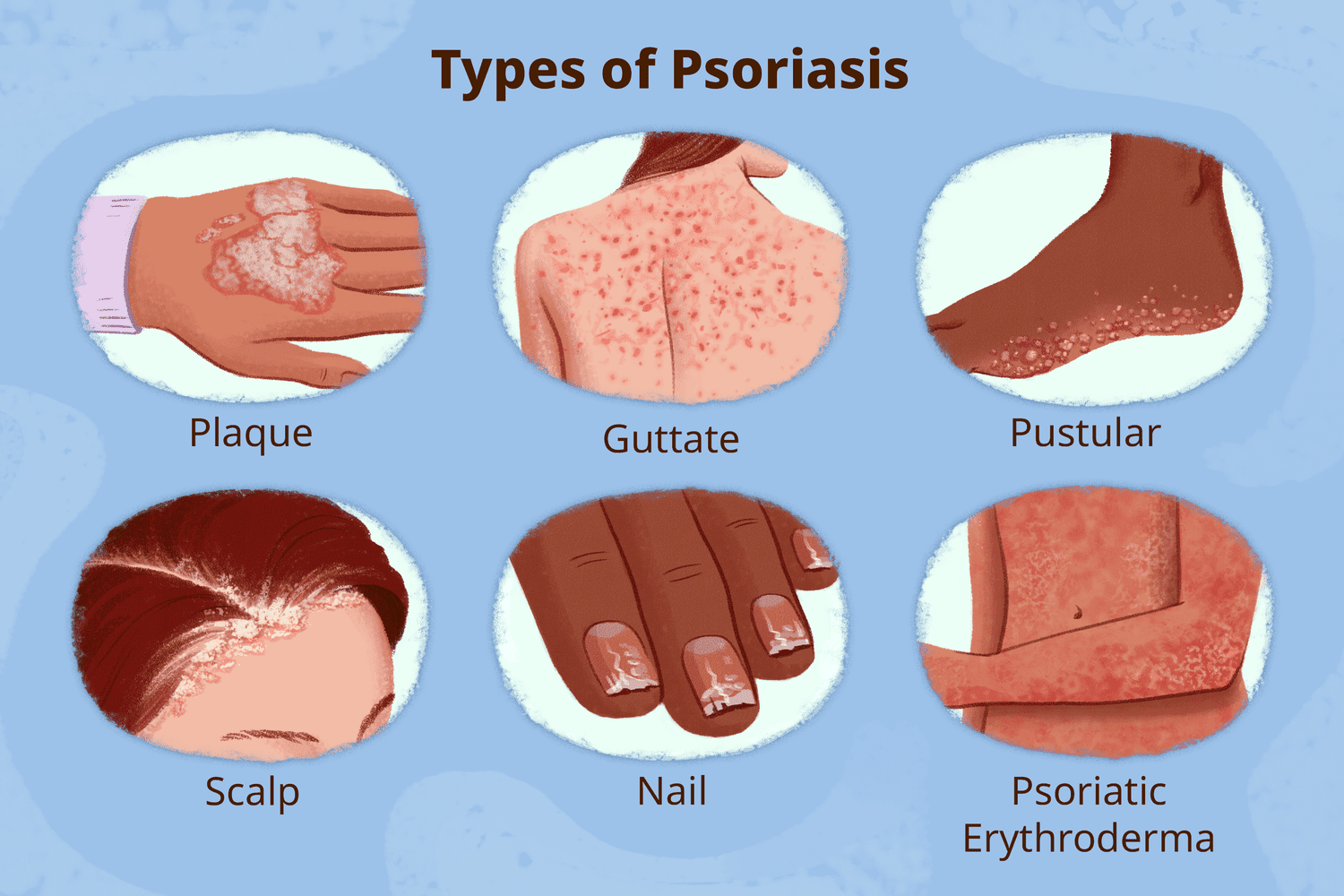Psoriasis affects millions of people in the United States, making it one of the most prevalent skin concerns seen by dermatologists. Coupeville psoriasis shows up as scaly, dry skin patches, thickened nails, red spots, and is occasionally accompanied by joint discomfort. However, psoriasis is more than simply a surface issue; it is an autoimmune condition.
Your body generally creates new skin cells in about a month, but individuals with psoriasis develop new skin cells in several days. This overactive immunity makes cells pile up, and create itchy, red, and scaly skin. Here are some of the common risk factors of psoriasis.
1. Bacterial and Viral Infections
Psoriasis is more serious in patients with a compromised immune system, such as those with AIDS, individuals undergoing chemotherapy for cancer, or those with other autoimmune concerns like lupus. Moreover, young adults and kids with recurring infections like upper respiratory infections or strep throat are also at a heightened risk of serious psoriasis.
2. Medications
Specific medications may also trigger psoriasis symptoms. It is uncertain why this phenomenon happens and why some individuals are affected, and others are not. Nevertheless, some common medications that can trigger psoriasis symptoms include high blood pressure meds, nonsteroidal anti-inflammatory drugs, and more.
3. Family History
Genetics may predispose you to psoriasis. Having a parent, sibling, or another relative with psoriasis significantly increases your risk of developing psoriasis. Therefore, you should closely watch out for any warning signs.
4. Smoking
Given how harmful cigarettes are to your overall health, it is unsurprising that they also raise your risk of psoriasis. In fact, the more cigarettes you smoke everyday, the higher the likelihood of recurrent or new symptoms. Besides, smoking may affect your response to therapy by promoting systemic swelling, reducing the effectiveness of anti-inflammatory drugs.
5. Alcohol
As with smoking, alcohol consumption also plays a role in the onset of psoriasis. Besides, alcohol heightens severity and might reduce treatment efficiency.
6. Stress
Stress greatly affects your immunity and could play a huge role in developing psoriasis. On the other hand, acute psoriatic flares may induce stress and worsen the condition. For some individuals, stress both triggers and worsens the condition.
For instance, physical stress, from childbirth or surgery, is also a major trigger of psoriasis flares. While stress is not completely avoidable, there are ways you can manage it, including meditation, deep breathing, yoga, and regular exercise.
7. Cold Weather
Individuals with psoriasis frequently experience breakouts during the winter months, or once they visit a dry, cold climate. Cold temperatures sap the moisture from the air, resulting in dry skin. Winter is also associated with reduced sunlight, which deprives the body of ultraviolet (UV) radiation beneficial to psoriatic skin. Phototherapy performed at the dermatologist’s office may also help counter this effect.
Excessive sunlight exposure can cause inflammation and sunburns, triggering psoriasis symptoms. The same applies to the use of tanning lamps or tanning beds, which you should avoid if you are prone to psoriasis.
Psoriasis was previously thought to be a dermatological issue like eczema, but it is an autoimmune disorder. The causes of psoriasis are not fully known, but risk factors and triggers are well recognized. Nonetheless, it is crucial to note that these risk factors alone are enough to cause psoriasis.
Besides, you may have numerous risk factors for psoriasis and still not develop this condition. If your psoriasis is recurring or serious, see a skin specialist to explore your care options, including steroid creams, ointments, moisturizers, and more.
